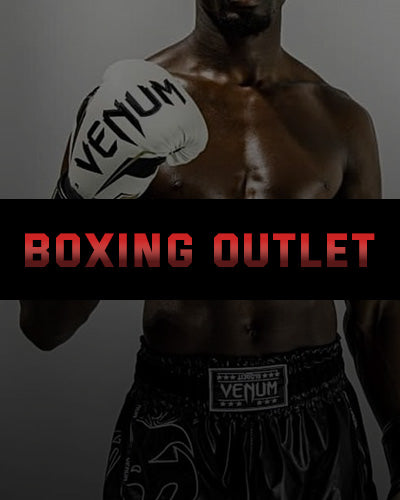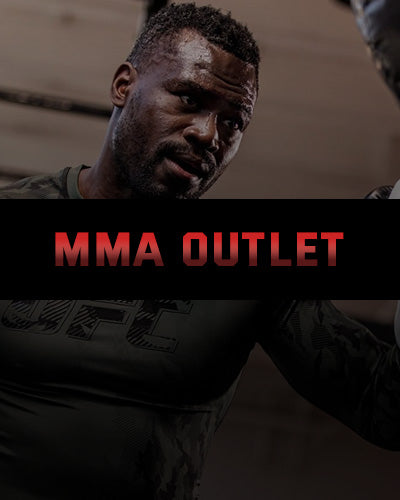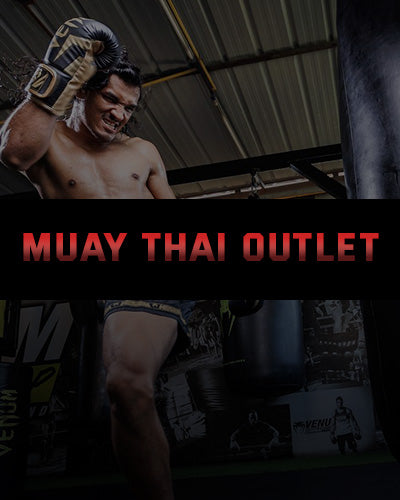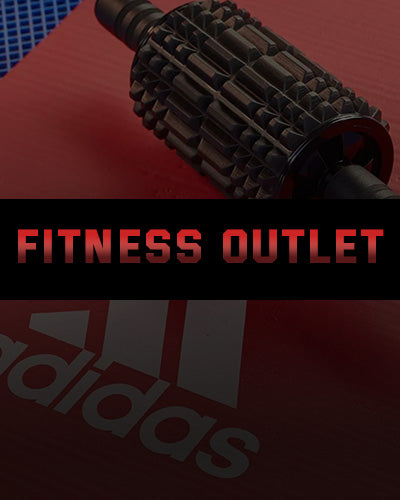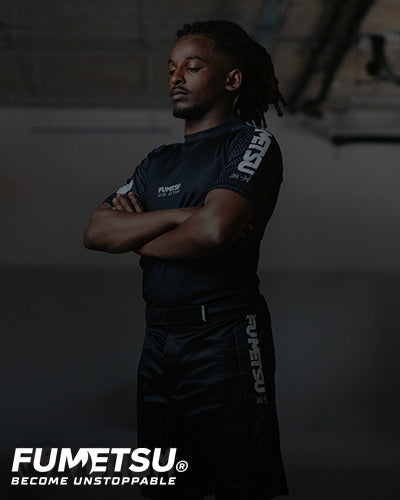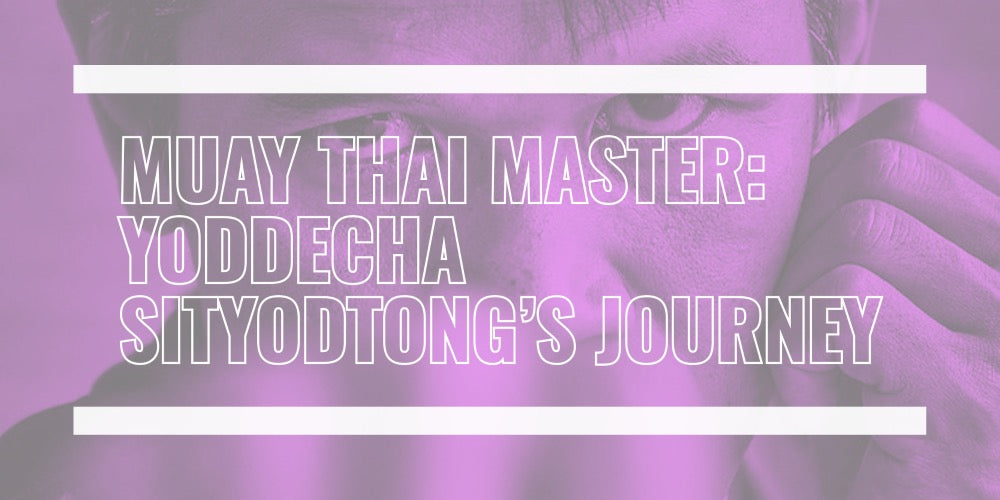Yoddecha Sityodtong was a student of the legendary Kru Yodtong at Sityodtong Camp Pattaya, Thailand, champion fighter, and King’s Cup winner. His photos were plastered on the walls of Old Lumpinee and he fought all over the world, including in Italy, Australia, and Croatia.
Yoddecha was one of the biggest names in Muay Thai in his era. He eventually became a Kru at Evolve MMA in Singapore, teaching many students, and also training top fighters - not just in Muay Thai, but for MMA striking too.
Now based in the UK, Yoddecha is teaching Muay Thai to new and established practitioners alike and wants to pass on his knowledge to those who want to learn the sacred art. You can see more of him in action on Instagram and Facebook.
"How did you get started as a martial artist?"
I was 11 years old and started at the legendary Sityodtong Camp- Vichiam Sityodtong took me to the camp after he saw me and asked if I wanted to go learn. I said yes, desperate for a better life and an opportunity for money. For a long time, everything was so hard every day and it was tough to adjust to this new way of life. Even mealtimes were a struggle as I often was too slow to get any food!
"You started at Sityodtong Gym when you were 11 years old, and it’s clear the gym has had a significant impact on your life. What is one of your fondest memories from your time there?"
The thing I loved the most about life at the camp was that you always had your friends with you- you could laugh and joke every day. We loved going out to the movies on our day off as a rare treat. I still have those friends today- we don’t talk too often but we still help each other out when we need it and I can always call on them for anything.
"On your Facebook, you recently talked about how your Kru (instructor) paved the way for you and is about much more than “making you kick 100 left and right all the time.” Could you talk a bit more about your relationship with your Kru, and what being a good Kru means to you?"
What techniques that you learned from your Kru have you adopted in training your students?
Kru YodTong took really good care of me. Win or lose, champion or not, he still looked after me. He made his relationship clear that he was my Kru and not my father. No matter how much he did for me, and how he rescued me, he told me I should always love my parents; my mum and my dad, even at the time they weren’t in my life. He taught me how to be a good person, not just a good fighter.
I learnt everything from Kru YodTong- Muay Thai isn’t just about the physical capabilities but also the mental game; being a smart fighter. We would spend a lot of time on strategies, feints and tricks, setting up knockouts. A lot of people would underestimate this training but it’s what set Sityodtong [Camp] above the rest. We spent a lot of time on perfecting the basics also, step by step. Good fighters come from this type of training- you can’t expect to get in the ring after one lesson and miraculously know what to do.
[I learnt] mental support was also essential- the life of a fighter is not easy. [You have to think about] winning, losing, money, no money, seeing family or not- there are a lot of ups and downs and sacrifices, and it’s important to be grounded and humble- having a good support network is essential. There was no place for having an ego over the years. Respect and humility were always mandatory- no matter how successful you were.
I hope to teach this to my students too, and to take care of them and be a good role model.
"Who have been some of your biggest influences in Muay Thai?"
Kru YodTong first and foremost is by far my biggest influence. [And so was] everyone at Sityodtong, from the cook who made sure I was fed, to the pad holders, and my campmates.
There was one older Nak Muay (practitioner of Muay Thai) when I first joined Sityodtong - P Boy, aka Parpoom Sityodtong- I used to do his washing, give him massages - anything he needed - and when he fought and won he would give me 500 baht (11 pounds)! He’d also take me out to eat. He was the one that took me with him to Ratchaburi to look for my parents when I got older. I don’t know where he is now but he was a big influence on me.
Samart is also my favourite fighter- I love watching his fights and his techniques. I learnt a lot from his fights. I still don’t think anyone compares!
There are many influences around me all the time. It shapes the way you are, having good people who support you around you.
"What was one of your favourite matches you fought? Why was it memorable?"
My favourite fight was against Saddam Kietyongyuth in Pattaya. I got three cuts but I won round 5 by knockout - I was the underdog and everyone thought I’d lose so badly, so hardly anyone watched the fight! I won overall though...there were quite a few people that lost money that night!! The bookies that had paid out already thought I had lost but my win changed everything up!
"What is an important life lesson you’ve learned during your journey as a martial artist?"
My journey has taught me to work hard towards my goals/ to focus on the bigger things. I’ve wanted to work hard and train to be the absolute best to take care of my parents and earn money for them. I’ve carried that in my heart and it’s motivated me to train harder to get to the top.

"How has your coaching been affected by COVID-19? How do you think the martial arts community will adjust to life after the pandemic?"
When I first came to the UK, I wanted to do a lot of seminars and meet a lot of the students in the west (the UK, Europe, America). I have heard of some of the fighters coming out of the UK and I have fought in Italy many times also. I am not very good with English and technology so meeting people is important to me and my teaching. Covid stopped all that so it was frustrating. But it has given me an opportunity to meet new people in my local community from all different walks of life, and outside of Muay Thai, which has been a positive.
One thing that’s important in martial arts is the people around you- you can’t get better without instructors, pad holders, sparring partners, and fight opponents. Even the people in the gym you chat to, and those who encourage each other [are important]. There is a limit to that in online coaching. I hope that the martial arts community will get stronger and come together after this. The gyms in Thailand are being hit hard and people can’t visit them. People and businesses are suffering. Fights in Thailand are also on hold. People are pulling together to keep the industry alive but it’s really hard. Hoping that everyone comes out of this stronger and more united.
People have also realised how fortunate they are- before, it was a lot more prevalent how people chased the latest trends and fashion, wanted to go on expensive holidays and show off to the masses how well they were doing. Now, covid has made people really think about what is important in life and brought communities together to help one another. Some people have struggled to buy food and essentials for their families and children. Muay Thai gyms in the west have been putting on seminars to send money for food, clothing, etcetera to keep the gyms going in Thailand. Gyms are closed and trainers aren’t getting paid so everyone is finding ways to help which is amazing and really makes a difference. The pandemic will forge closer bonds no matter how far away people are when they help each other; they’ve shared something together that can’t be taken away.

